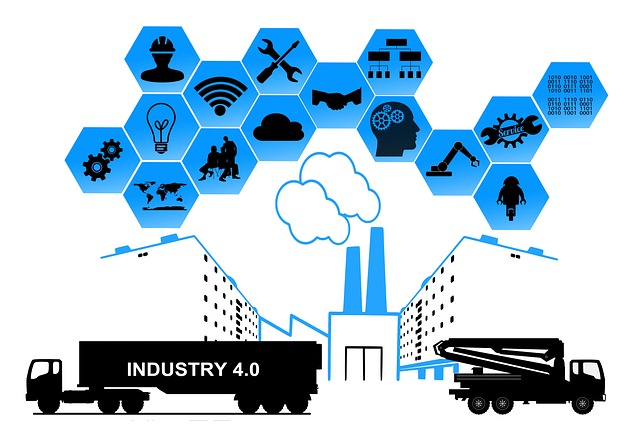
The Future of Innovation: Digitalization’s Impact on Science, Technology, and Workplace Culture
In an era defined by rapid advancements, the impact of digitalization on science, technology, and workplace culture cannot be overstated. As organizations across various sectors leverage digital tools and platforms, we’re witnessing a transformation that reshapes the very fabric of how we conduct research, develop technologies, and interact within workplace environments.
At the forefront of this transformation is science. Digitalization has revolutionized the way scientists collect, analyze, and share data. The advent of big data analytics and artificial intelligence means that researchers can process vast amounts of information with unprecedented speed and accuracy. For instance, in fields such as genomics and environmental science, digital tools enable scientists to uncover insights that were once hidden in vast datasets. Collaborative platforms allow researchers from different corners of the globe to work together in real-time, breaking down barriers and fostering innovation.
Technology, too, has been profoundly impacted by digitalization. The development of cloud computing, IoT devices, and machine learning is creating a new landscape where traditional methods are being supplemented—and sometimes replaced—by digital solutions. For example, businesses are utilizing virtual reality and augmented reality to enhance product design, training, and even customer experience. This shift not only streamlines processes but also enhances creativity and innovation within tech-driven companies.
Perhaps one of the most palpable impacts of digitalization is observed in workplace culture. The shift to remote work has accelerated the adoption of digital communication tools, leading to more flexible and inclusive working environments. Employees now have the capability to collaborate seamlessly from any location, which promotes a culture of trust and autonomy. Companies embracing digitalization are often seen as forward-thinking, attracting talent eager to work in innovative settings. Additionally, this cultural shift fosters diversity, as diverse teams can now virtually collaborate, bringing a multitude of perspectives to the table.
However, this journey towards a digitalized future is not without challenges. With rapid advancements come the risks of digital distractions and burnout. Organizations must cultivate a workplace culture that emphasizes balance, ensuring employees remain engaged and motivated amidst constant connectivity. Training initiatives focusing on digital literacy and wellness can empower employees to navigate this new landscape effectively.
Ultimately, digitalization serves as a catalyst for profound change. It encourages scientific exploration, drives technological advancements, and reshapes workplace culture. By embracing this disruption, we can foster innovation that enhances collaboration, promotes creativity, and delivers meaningful value across all sectors. The future may be uncertain, but one thing is clear: digitalization is paving the way for a vibrant, interconnected world enriched by science and technology.



